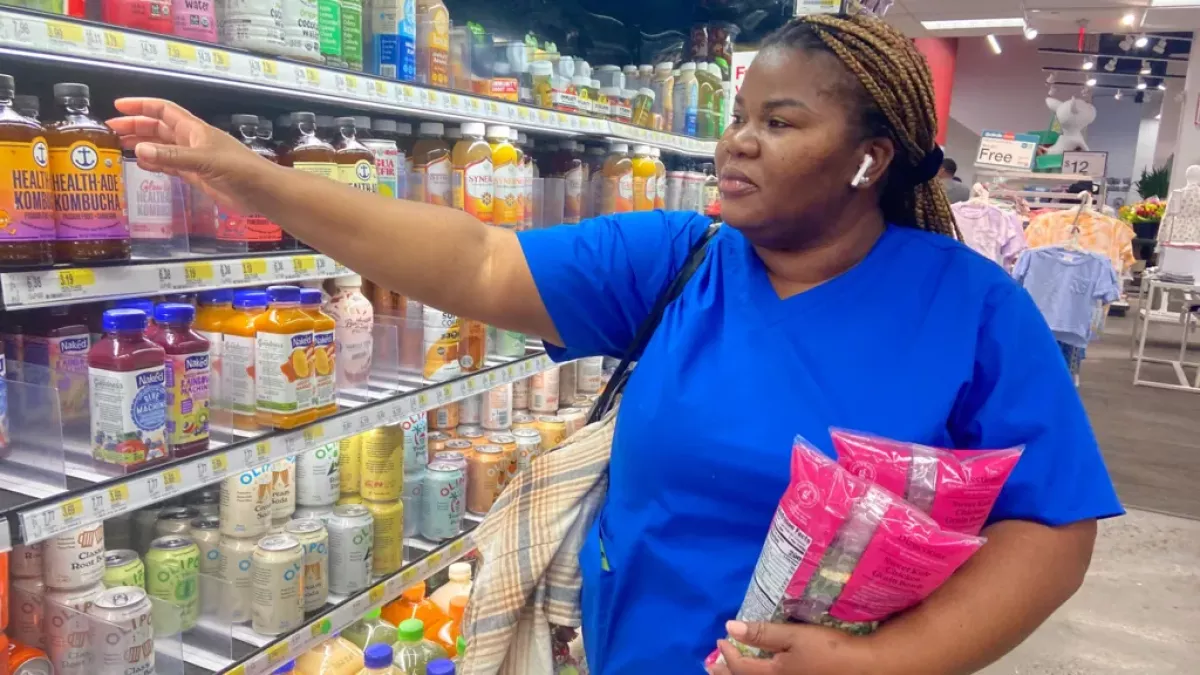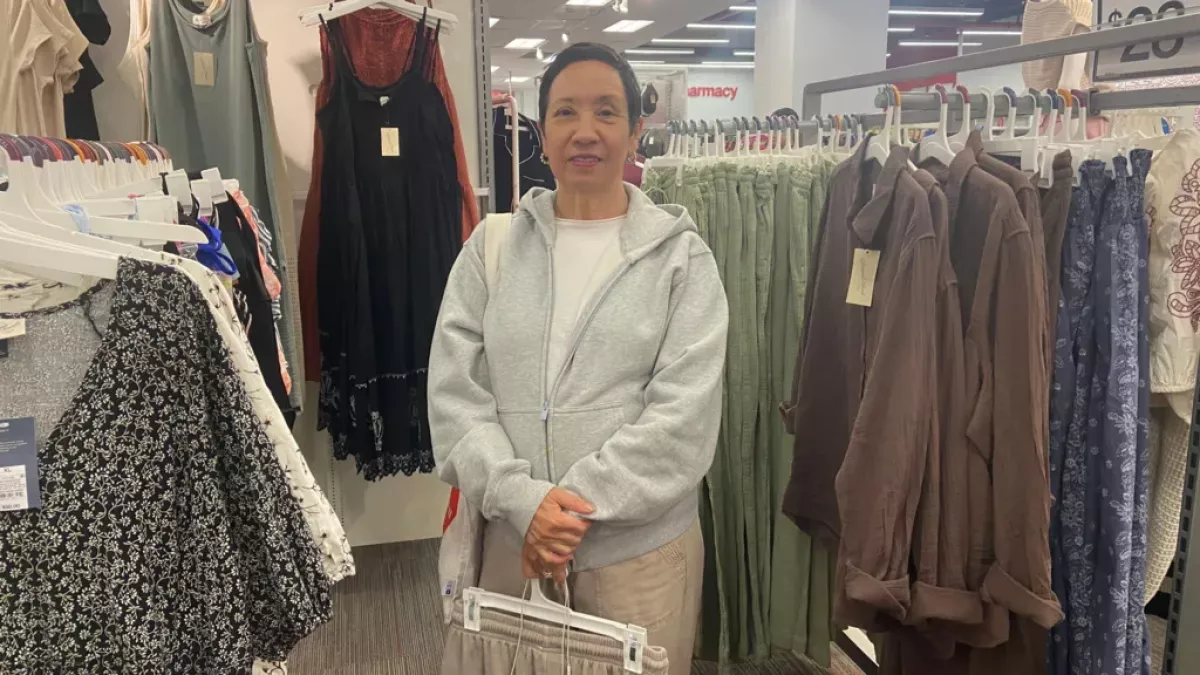Tariffs, inflation hit lower-income Americans hardest, deepening economic divide
Rising inflation, accelerated in part by sweeping import tariffs imposed by US President Donald Trump, is intensifying the gap between wealthier households and those with tighter budgets.
Government data shows that businesses are beginning to pass on tariff-related costs to consumers, even as overall inflation remains below its peak. Economists continue to debate whether tariffs will trigger a sustained increase in price growth. For many Americans, however, the impact is already being felt, BBC writes.

“Prices are really drastically high” for groceries like meat, vegetables and fruit, said Yanique Clarke, a nursing student in Manhattan who identifies as lower-income. “It’s quite a while now, but it’s getting higher.”
Clarke added that back-to-school shopping for her 13-year-old daughter revealed “very much higher” clothing costs compared to previous years.
Her experience reflects Labor Department data showing that in August, clothing prices rose 0.5% from the previous month, while grocery prices climbed 0.6%, with sharp gains in coffee, a tariff-sensitive product.
Economists say food inflation may also be tied to labor shortages stemming from the administration’s immigration policies, as deportations weigh on the agricultural workforce and drive up costs.
“Lower-income households are almost tailor-made to be exposed to tariffs,” said Ernie Tedeschi, director of economics at the Yale Budget Lab and a former Biden administration economist. He noted that these households spend more of their income on imports, particularly low-cost goods most affected by tariffs, such as Chinese products.
A Yale Budget Lab report released earlier this month found that, as of June, core goods prices were 1.9% higher than pre-2025 trends, with notable increases in window coverings, appliances and electronics.
Corporate leaders are also flagging a split among consumers. McDonald’s CEO Chris Kempczinski said higher-income Americans continue to spend freely while middle- and lower-income consumers face mounting pressure. “It’s really kind of a two-tier economy,” he said, explaining that the company is expanding its value menu to attract price-sensitive customers.

At a Manhattan Target store, shopper Nancy Garcia said she has been adjusting her habits.
“Now I’m doing more price comparison,” she explained. “I’m comparing, is this on sale at the supermarket? But even the supermarket has gotten really expensive.”
Garcia, who works in publishing and gifts, described herself as middle-income and said she has heard concerns from small retailers about tariffs squeezing their margins. Still, she questioned whether larger chains are raising prices strictly because of tariffs or if “people are taking advantage.”
In Brooklyn, part-time nurse Sylvia Sealy echoed those concerns while browsing at a discount department store.
“Since tariffs started, I check around for prices,” she said. “If there’s something in this store for $15, you could get it somewhere probably for $12. So you shop in that way more now. Before, you just go and you buy.”
Recent data suggests these consumer pressures are growing. Census Bureau figures show that inflation-adjusted household income rose last year only for the wealthiest Americans, while low and middle-income households saw no significant improvement.
A Boston Federal Reserve study last month also found that less affluent consumers are carrying higher credit card debt than before the pandemic, while wealthier households increasingly sustain overall consumer spending.
Overall, the US consumer remains resilient, according to Ryan Sweet, chief US economist at Oxford Economics. But he warned that those without financial buffers are most at risk.
“When you peel back the layers of the onion, it’s clear that we have a very bifurcated consumer,” he said.
By Sabina Mammadli








